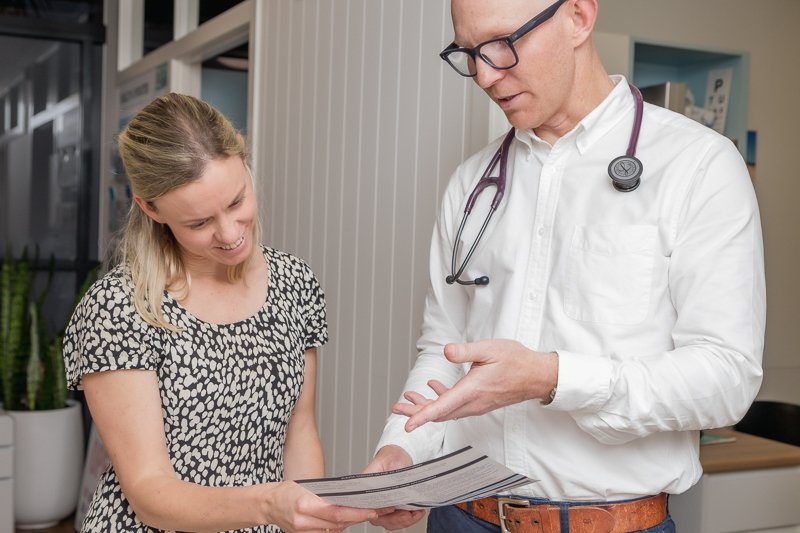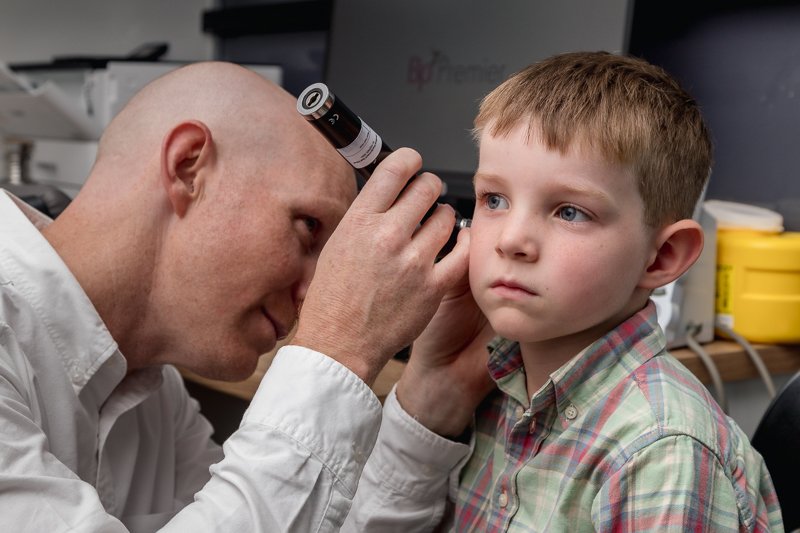Welcome to the cold and flu season. This year, if you have a cough, a sniffle, a sore throat, a fever or any other symptoms of COVID-19, then you need to be tested.
It’s most likely that you’re just suffering from a common cold – but there’s no way to be sure it’s not COVID-19 without a test. Testing is offered at many locations across Queensland and results are usually available within a few days.
Yes, it’s a bit of a nuisance to do this every time you have a cough or cold over the coming months. But it’s a vital part of getting back to normal. We’re only able to enjoy dining out, going to the gym or exploring Queensland because we’re keeping a lid on the virus through extensive testing. Here’s what you need to know about it.
Getting Tested for COVID-19: Everything You Need to Know
Winter’s here, meaning it’s cold and flu season. It’s always a time of coughs, sneezes, fevers, and chills. But it comes with an extra thumping headache this year thanks to COVID-19.
Why Should You Be Tested for COVID-19?
Without a test, it’s impossible to tell whether you’re coughing and sneezing with a run-of-the-mill illness or with something that will get you mentioned in tonight’s set of COVID-19 statistics.
So far, Queensland has done nearly 400,000 COVID-19 tests to detect 1,067 cases. The vast majority of COVID-19 tests come back negative.
Although you probably just have a cold, you still need to be tested for COVID-19. That’s because widespread testing helps us keep the lid on the pandemic in Queensland. It means we can find the small number of people who do turn out to have COVID-19 and to isolate them before they spread the virus around.
When Should You Get Tested for COVID-19?
If you’re showing any symptoms of COVID-19, you should be tested.
Those symptoms include:
● Cough
● Fever
● Sore throat
● Shortness of breath
● Fatigue
● Aches and pains
● Headache
● Runny or stuffy nose.
Even if you only have one or two symptoms and even if they’re very mild, you should still get tested.
Where Do You Get Tested for COVID-19?
There are a few places to get tested for COVID-19 in Queensland. If you’re unsure where to start, phone your GP or call 13 HEALTH (13 43 25 84) and follow their advice
Some GPs offer testing in the clinic. Around Queensland, there are dedicated COVID-19 testing centres set up in pathology clinics, health services, hospitals and other centres. You can see a state-wide list of testing centres here.
It’s always best to phone first to make an appointment and to find out what processes are in place.
If you are seriously unwell or if it is an emergency situation, then call 000 and tell them you have symptoms of COVID-19.
What Does the COVID-19 Test Involve?
In Queensland, we’re using the PCR (polymerase chain reaction) test to detect COVID-19.
For this test, a health professional will take a swab from the back of your nose or throat. The test can be uncomfortable but shouldn’t be painful – in any case, it’s over very quickly.
How Much Does the COVID-19 Test Cost?
The COVID-19 test is free for anyone with a valid Medicare card. If you are not eligible for Medicare, you will usually have health or travel insurance which can cover the cost of the test. Some states are waiving test fees for anyone with symptoms of COVID-19 to encourage testing.
Isolating While You Wait for Test Results
If you’ve had a COVID-19 test, then you need to self-isolate until you get the results. That means going straight home and staying there until your results are back.
How Do You Get Your COVID-19 Test Results?
You usually get your test results back within a couple of days. If the result was negative, you’ll get an SMS telling you so.
If it’s positive, a doctor will phone you to tell you what happens next.
If it’s been three days and you’re still waiting for your test results then:
● Call Pathology Queensland on 1800 472 847 if you were tested in a public hospital fever clinic
● Call your GP if you were tested in their clinic or through a private pathology collection centre.
My Test Result Was Negative - Does That Cancel My Isolation?
If you have been in close contact with a confirmed case of COVID-19, you’ll receive a quarantine notice and probably be asked to get a test.
If your test comes back negative, you still need to stay home until your symptoms have ceased. You have another type of Respiratory virus and should stay home until you are well so you don’t pass this around your community.
Helping Your Child Through a COVID-19 Test
If your child needs a COVID-19 test, then you can help them handle it well by:
● Staying calm yourself – take a few deep breaths
● Explaining that the doctors will be wearing protective masks and clothing so it doesn’t come as a shock
● Taking along a special toy for your child to hold during the test – tell them to hold their teddy and count to three while the test is done
● Giving them lots of praise, cuddles and even a small treat afterwards.
The Healthy Mind Centre in Launceston has produced a short story about the COVID-19 test for young children. It may help to read this to your child beforehand.
What Else Can I Do About COVID-19?
As well as getting tested if you’re showing symptoms, you can help to suppress COVID-19 by:
● Staying home if you’re sick
● Regularly cleaning your hands with soap and water or alcohol-based hand rubs
● Covering your cough or sneeze with a tissue or your elbow
● Not touching your nose, face or mouth
● Not shaking hands with or hugging people you don’t live with
● Keeping 1.5 metres away from others as much as you can
● Obeying the rules on public gatherings and interstate travel.
How Can Peregian Family Medical Centre Help?
There are many aspects to COVID-19. Here, we’ve talked about when and how to get tested if you’re showing symptoms. Please call us on 5471 2100 if you’d like more advice on that.
You may also be experiencing other impacts of COVID-19, such as anxiety, stress, grief or financial hardship. Our GPs are here to help you with those things too. Please get in touch.






